Match List -I (substances) with List -II (processes) employed in the manufacture of the substances and select the correct option.
List -IList -IISubstancesProcesses(a)Sulphuric acid(i)Haber's Process(b)Steel(ii)Bessemer's Process(c)Sodium hydroxide(iii)Leblanc Process(d)Ammonia(iv)contact Process
(a) (b) (c) (d)(i) (ii) (iii) (iv)
(a) (b) (c) (d)(iv) (iii) (ii) (i)
(a) (b) (c) (d)(iv) (ii) (iii) (i)
(a) (b) (c) (d)(i) (iv) (ii) (iii)
The correct Answer is:C
To solve the problem of matching substances from List-I with their corresponding manufacturing processes from List-II, we can analyze each substance and the process used to manufacture it.
1. Identify the processes for each substance:
- Sulfuric Acid (H2SO4):
- The process used for its manufacture is the Contact Process. In this process, sulfur is burned in air to produce sulfur dioxide (SO2), which is then oxidized to sulfur trioxide (SO3) and subsequently converted to sulfuric acid.
- Steel:
- The process used for its manufacture is the Bessemer Process. This method involves blowing air through molten iron to reduce the carbon content, resulting in steel.
- Sodium Hydroxide (NaOH):
- The process used for its manufacture is the Leblanc Process. This historical method involves treating sodium chloride (table salt) with sulfuric acid to produce sodium sulfate, which is then heated with limestone and coal to produce sodium carbonate, and further treated to obtain sodium hydroxide.
- Ammonia (NH3):
- The process used for its manufacture is the Haber Process. This process synthesizes ammonia from nitrogen and hydrogen gases, using an iron catalyst at high temperature and pressure.
2. Match the substances with their processes:
- (a) Sulfuric Acid - (iv) Contact Process
- (b) Steel - (ii) Bessemer Process
- (c) Sodium Hydroxide - (iii) Leblanc Process
- (d) Ammonia - (i) Haber Process
3. Final Matching:
- a → iv
- b → ii
- c → iii
- d → i
Conclusion:
The correct matches are:
- (a) Sulfuric Acid → (iv) Contact Process
- (b) Steel → (ii) Bessemer Process
- (c) Sodium Hydroxide → (iii) Leblanc Process
- (d) Ammonia → (i) Haber Process
Thus, the correct option is 3: a → iv, b → ii, c → iii, d → i.
- Sulfuric Acid (H2SO4):
- The process used for its manufacture is the Contact Process. In this process, sulfur is burned in air to produce sulfur dioxide (SO2), which is then oxidized to sulfur trioxide (SO3) and subsequently converted to sulfuric acid.
- Steel:
- The process used for its manufacture is the Bessemer Process. This method involves blowing air through molten iron to reduce the carbon content, resulting in steel.
- Sodium Hydroxide (NaOH):
- The process used for its manufacture is the Leblanc Process. This historical method involves treating sodium chloride (table salt) with sulfuric acid to produce sodium sulfate, which is then heated with limestone and coal to produce sodium carbonate, and further treated to obtain sodium hydroxide.
- Ammonia (NH3):
- The process used for its manufacture is the Haber Process. This process synthesizes ammonia from nitrogen and hydrogen gases, using an iron catalyst at high temperature and pressure.
- (a) Sulfuric Acid - (iv) Contact Process
- (b) Steel - (ii) Bessemer Process
- (c) Sodium Hydroxide - (iii) Leblanc Process
- (d) Ammonia - (i) Haber Process
- a → iv
- b → ii
- c → iii
- d → i
The correct matches are:
- (a) Sulfuric Acid → (iv) Contact Process
- (b) Steel → (ii) Bessemer Process
- (c) Sodium Hydroxide → (iii) Leblanc Process
- (d) Ammonia → (i) Haber Process
Similar Questions
Match List I (substance) with List II (processes) employed in the manufacture of the substances and select the correct option

View SolutionMatch list I with list II and select the correct option
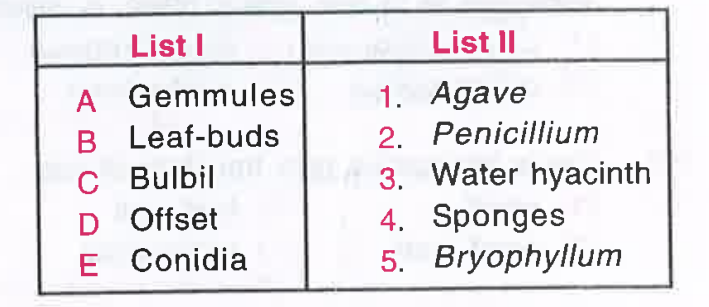
View SolutionMatch List I and List II and select the correct option
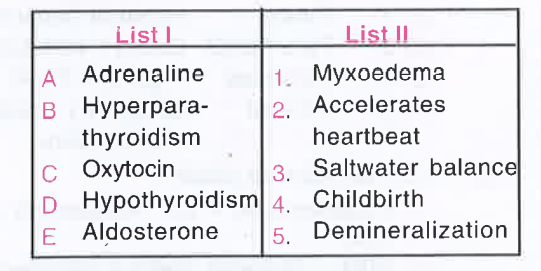
View SolutionMatch List-I with List-II and select the correct option
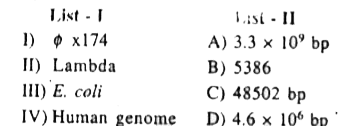
View SolutionMatch List-I with List-II and select the correct option.
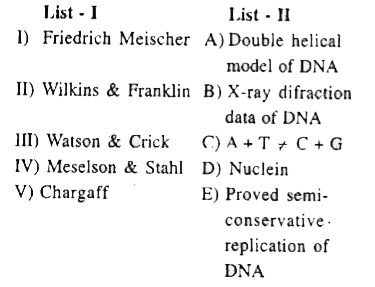
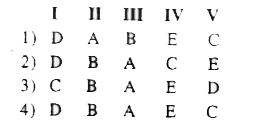
View SolutionMatch List-I with List-II and select the correct option

View SolutionMatch the List I with List II and select the correct option.
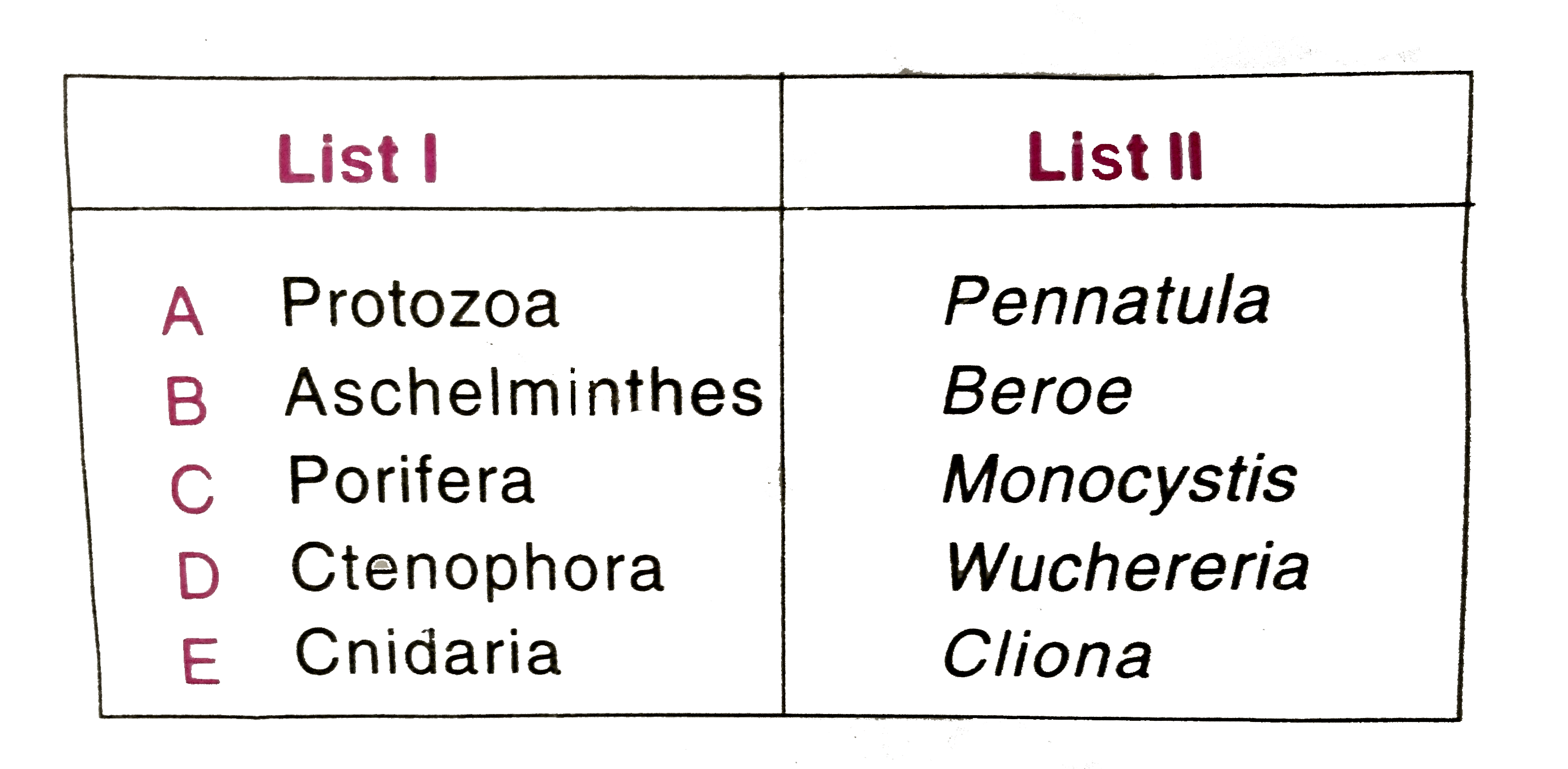
View SolutionMatch List I ( Equations) with List II (Type of processes) and select the correct option.
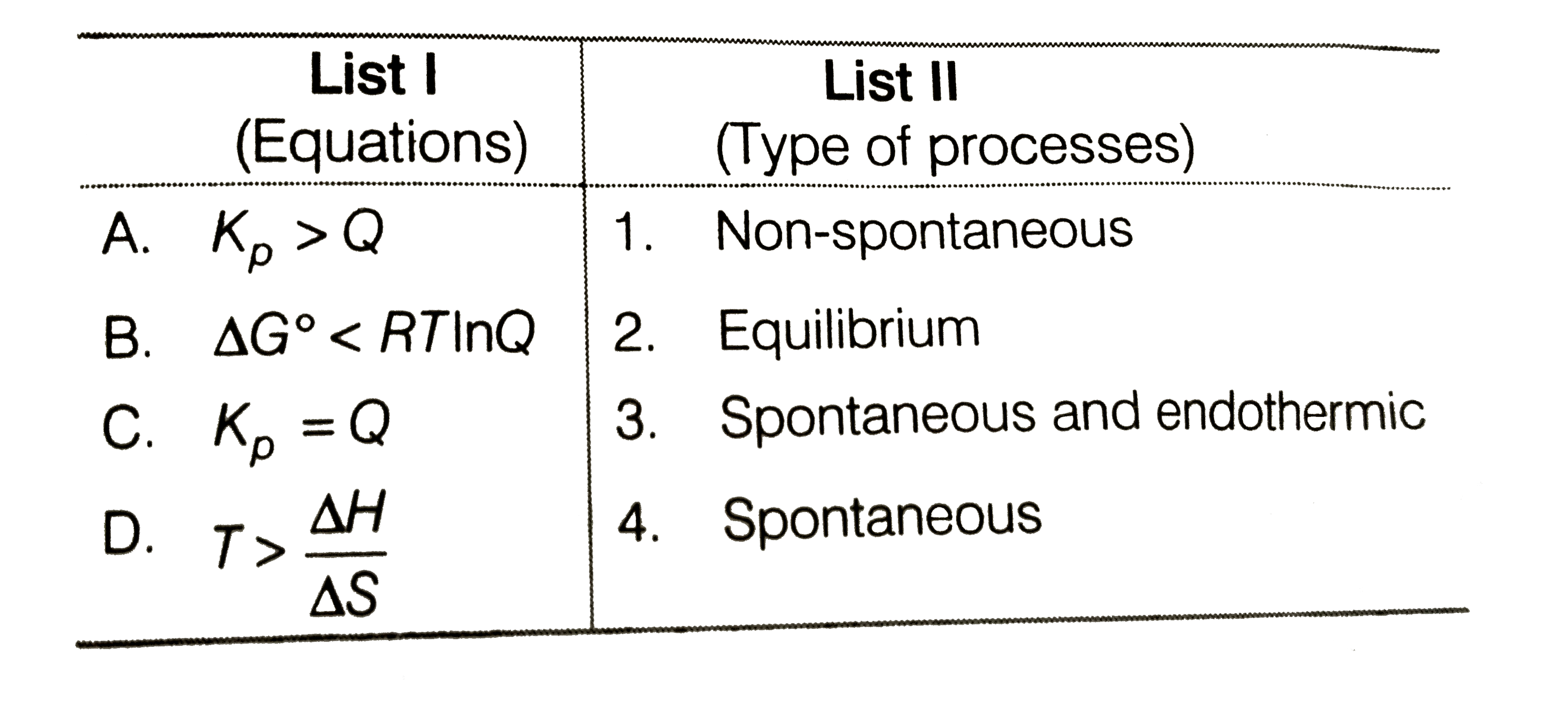
(a) a ( i ) , b ( i i ) , c ( i i i ) , d ( i v )
(b) a ( i i i ) , b ( i v ) , c ( i i ) , d ( i )
(c) a ( i v ) , b ( i ) , c ( i i ) , d ( i i i )
(d) a ( i i ) , b ( i ) , c ( i v ) , d ( i i i )
View SolutionMatch list I with list II and select the correct answer :

View SolutionMatch list I with list II and select the correct answer :

View Solution